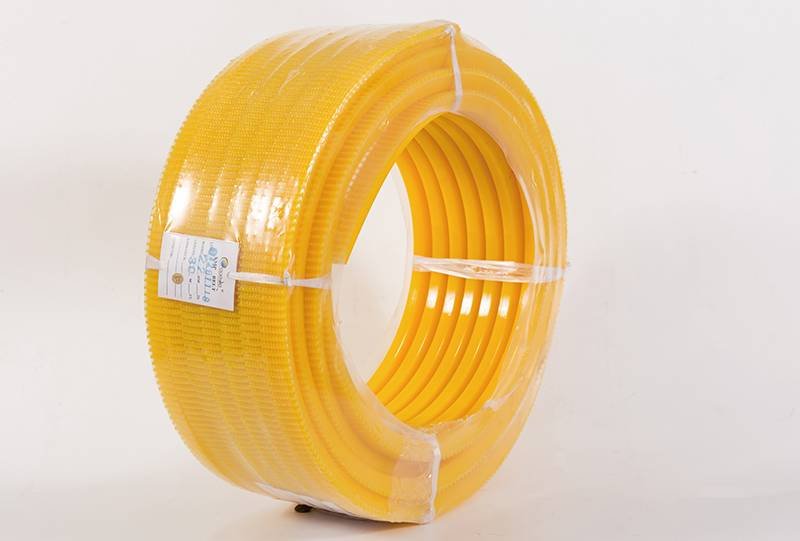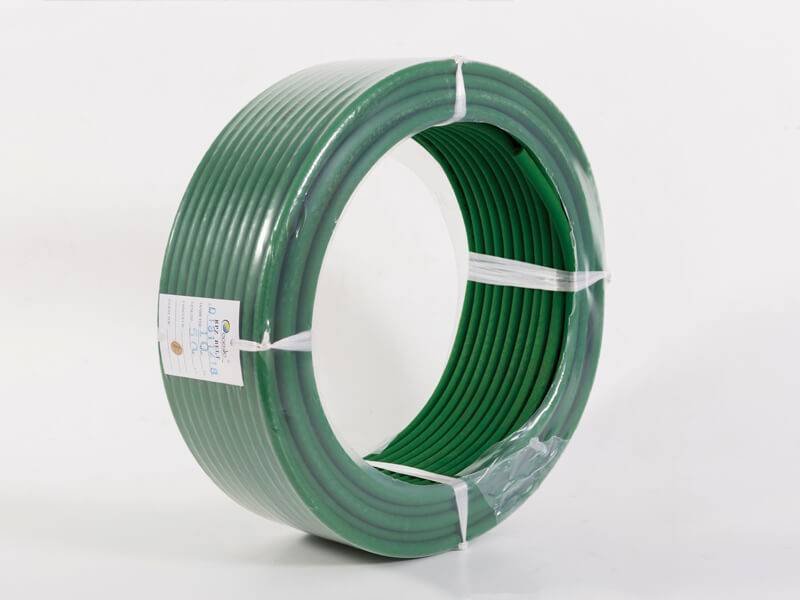Choosing the right TPU (Thermoplastic Polyurethane) belt for your industry is crucial for ensuring optimal performance, durability, and cost-effectiveness. TPU belts are used across a wide range of industries, from manufacturing and logistics to food processing and medical applications. Each industry has specific requirements based on factors like load capacity, temperature resistance, and flexibility. In this guide, we will explore the key factors to consider when selecting the right TPU belt for your industry.
1. Understand the Specific Requirements of Your Industry
Consider the Nature of the Application
The first step in choosing the right TPU belt is to understand the specific needs of your application. For example:
- In the food industry, hygiene and cleanliness are paramount, so a TPU belt with antimicrobial properties may be required.
- In logistics and material handling, belts with high load capacity and resistance to abrasion are necessary.
- In medical equipment, precision, durability, and compliance with regulatory standards such as FDA or EU regulations are key factors.
Evaluate Environmental Conditions
Consider the conditions in which the TPU belt will operate:
- Temperature – Will the belt be exposed to high or low temperatures? TPU belts are highly resistant to both heat and cold, but different formulations are available for varying temperature ranges.
- Chemicals – Will the belt be exposed to oils, acids, or other chemicals? TPU belts offer excellent resistance to most chemicals, making them suitable for environments like pharmaceutical manufacturing or chemical processing.
- Moisture – TPU belts are resistant to moisture, but if the application involves prolonged exposure to water or steam, ensure the material can handle such conditions.

2. Select the Correct Belt Type and Profile
Flat or Curved Belts
Consider whether you need a flat or curved belt for your system. Flat TPU belts are ideal for most straight conveyor systems, while curved TPU belts are suitable for systems that require flexibility to navigate turns or tight spaces.
Special Profiles for Specific Applications
Some industries require TPU belts with specific profiles, such as:
- High-grip TPU belts for materials that need to be conveyed at an incline or in slippery environments.
- Round or V-shaped belts for precise movement in small spaces, like in assembly lines or medical equipment.
- Custom widths and lengths to fit specific machinery or conveyor system designs.

3. Assess Durability and Performance
Wear and Tear Resistance
TPU belts are known for their superior resistance to abrasion, but the level of wear resistance you need will depend on the nature of the materials being handled. For instance:
- In high-load applications, choose a TPU belt with extra wear resistance to avoid premature breakdowns.
- In environments where the belt is exposed to sharp objects or rough surfaces, consider TPU belts reinforced with additional layers or coatings.
Flexibility and Elongation
Flexibility is important for applications where the belt needs to bend around rollers or tight corners. TPU belts offer a wide range of flexibility, but you should match the flexibility level to the required application.
- For dynamic applications, where the belt moves frequently or under high tension, opt for TPU belts with high elongation properties to maintain performance over time.
4. Consider the Load Capacity and Speed
Load Capacity
The load capacity of a TPU belt is one of the most important factors when selecting the right belt. Make sure the belt can handle the weight of the materials being conveyed:
- Heavy-duty TPU belts are available for industries like construction and mining, where heavy materials need to be transported.
- Light-duty TPU belts are suitable for applications like electronics assembly or small parts handling.
Conveyor Speed
Consider the speed of the conveyor system when selecting a TPU belt:
- If your system operates at high speeds, a TPU belt with a smooth surface and minimal friction will ensure efficient operation.
- For slower, more controlled applications, the belt should have the necessary durability to withstand constant motion over long periods.
5. Look for Customization Options
Many industries require TPU belts that are customized to specific needs, whether in terms of width, length, thickness, or coatings. Custom TPU belts are particularly beneficial for:
- Food processing – Custom coatings such as antimicrobial or FDA-approved TPU belts ensure safety in direct contact with food products.
- Automotive manufacturing – Belts designed with additional grip or abrasion resistance to handle automotive parts with high precision.
6. Regulatory and Industry Standards
Ensure that the TPU belt complies with industry regulations and standards. Different industries have specific safety and quality standards that TPU belts must meet:
- Food and beverage – FDA and EU approval for food-grade TPU belts.
- Pharmaceuticals – Compliance with GMP (Good Manufacturing Practices) and other regulatory requirements.
- Automotive and aerospace – TPU belts meeting ISO or ASTM standards for quality and performance.
7. Budget and Long-Term Costs
While TPU belts may have a higher initial cost compared to other materials like rubber or PVC, their long-term cost-effectiveness is often greater due to their durability and low maintenance needs. Keep these factors in mind:
- Total cost of ownership – Consider not just the initial cost but also factors like maintenance, replacement frequency, and downtime.
- Energy efficiency – TPU belts are often more energy-efficient due to their smooth surface and reduced friction, leading to lower operational costs.

Conclusion
Choosing the right TPU belt for your industry requires careful consideration of your application’s specific needs, environmental conditions, load capacity, and performance requirements. By understanding these factors and working with a reliable TPU belt supplier, you can ensure optimal performance, longevity, and cost-effectiveness for your conveyor system.
At PENGDE NEW MATERIAL TECHNOLOGY CO., LTD, we offer a wide range of high-quality TPU belts designed to meet the specific demands of various industries. For more information or assistance in selecting the best TPU belt for your application, contact us at pengde2@pengde-pu.com.


